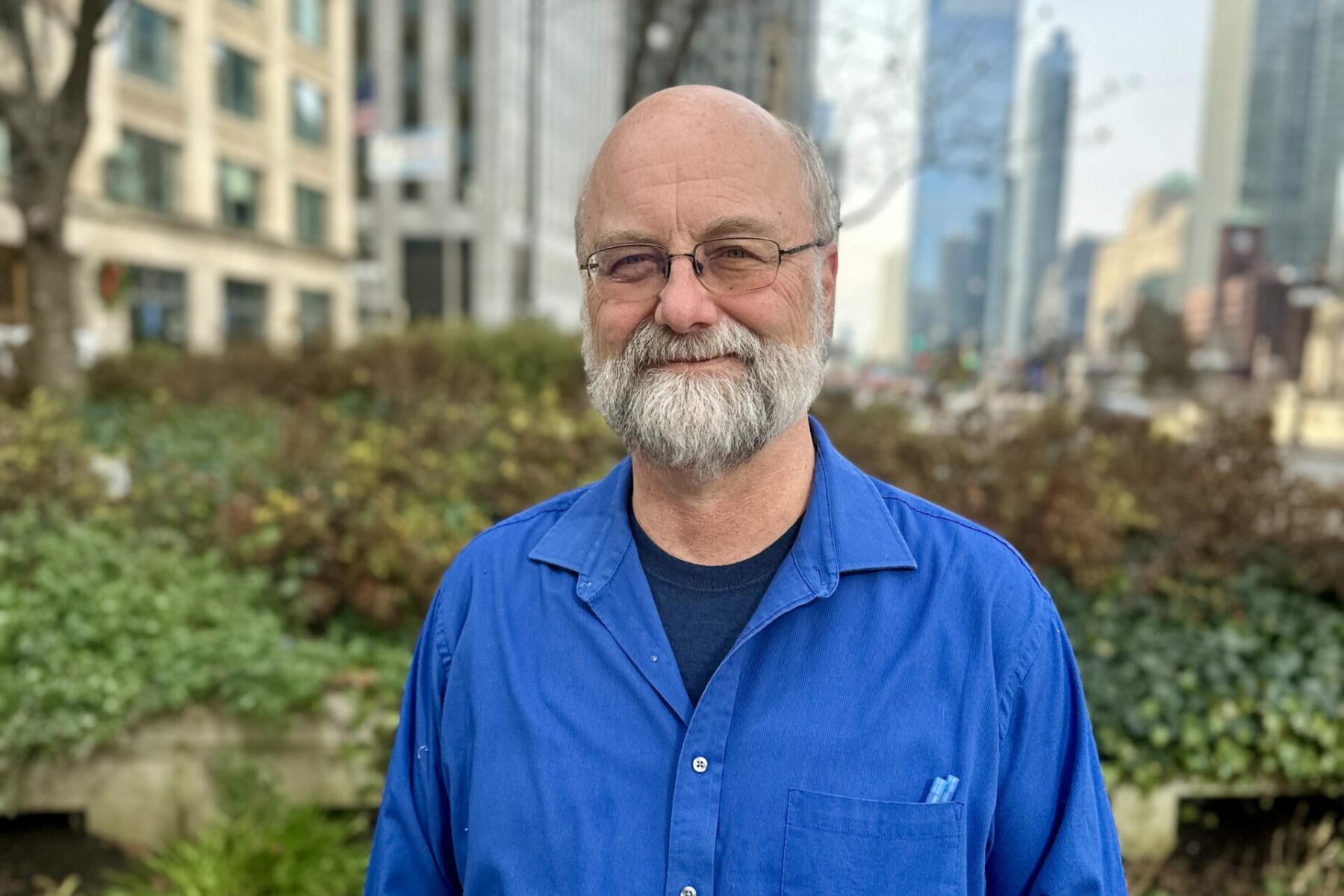Wisconsin Farmland
May 08, 2019
Promoting Rural Communities in Clean Energy
ELPC recognized the need for a successful energy transition to include rural communities and took the lead in creating the first-ever Energy Title in the 2002 Farm Bill.
Agriculture and rural communities figure prominently in the Midwest and across the country as economic, social, and political forces. Rural areas also host great renewable energy potential due to land availability, providing an opportunity for rural economic development.
ELPC recognized the need for a successful energy transition to include rural communities and took the lead in creating the first-ever Energy Title in the 2002 Farm Bill. Our Farm Bill Clean Energy team, or “Farm Team,” have provided regional and national leadership on these initiatives since helping defend and advance the programs. ELPC is a regional group but became national leaders in this area.
ELPC’s advocacy has helped broaden the very notion of “Farm Energy” from a focus on ethanol to encompass efficiency, wind, solar, and more. The first Farm Bill Energy Title in 2002 consisted of a number of programs focused on energy options largely embraced by agriculture at the time – biomass and non-corn biofuels along with relatively small support for wind and solar and energy efficiency.
However, over several successive Farm Bills, ELPC won improvements to the point that the Rural Energy for America Program (REAP) – that incentivizes wind, solar, and energy efficiency – is now the keystone program of the Energy Title and the most popular. Importantly, we pointed out to Congress how REAP serves every state and benefits all agricultural sectors – a message embraced by Congress.
Over 18,000 projects have now been funded in every state for a wide array of technologies. The effort has required ELPC to work with Congress, the USDA, and in the states as we shepherded the program for good policy and strong funding. ELPC brought a range of skills to the task, including legal knowhow, coalition building, analysis and communications and smart advocacy.
First Farm Bill Energy Title
ELPC accomplished these goals by partnering with Congressional leaders from the Midwest – Senators Richard Lugar (R-IN) and Tom Harkin (D-IA). Their leadership marked the beginning of vital bipartisan support that we and our allies have maintained ever since, through boom and lean times.
ELPC Executive Director Howard Learner testified before the Senate Agriculture Committee in 2002 on the need and potential for energy programs to accelerate clean energy development in rural areas. ELPC worked with allies to build a nationwide coalition and the measure became law with key programs launching in 2003.
ELPC worked in the following years across the Midwest and the nation in building unusual coalitions with a wide range of agricultural groups, keeping a focus on service. As the farm groups saw the benefit to their members of cutting energy costs and producing renewable energy, popularity grew.
By building projects across the country, Energy Title programs provided working demonstrations of clean energy in rural areas. Farmers and ranchers often learn from each other, seeing what is working on a neighbor’s farm so these new clean technology projects seeded growing interest and support.
Farmers and ranchers often learn from each other, seeing what is working on a neighbor’s farm so these new clean technology projects seeded growing interest and support.
After the first Farm Bill ELPC issued the first “Success Stories” report to tell the story of how the programs serve rural America. The report was very well received by Congress, farm groups, and the USDA and supported advocacy efforts to maintain funding and program renewal. We focused on key states and sectors that led to embracing clean energy development.
For example, we highlighted energy efficiency at poultry farms that helped contract growers cut costs and improve their profit margins while improving life for the birds. In this way, a Midwest group succeeded in building support from across the “broiler belt” in the Deep South.
Three Farm Bills Later
ELPC staff worked on every Farm Bill including an Energy Title, innovating with new program ideas and enhancements based on the feedback from people in the states and our own analytical observations.
A key change ELPC won in 2008 seems modest but made a difference: to call “Section 9006” the Rural Energy for America Program, or REAP. This change was embraced by Senators Harkin and Lugar and became law, helping to promote and build the program. More substantive victories included a robust Energy Audit and Renewable Energy Development Assistance subprogram to REAP, ramped up funding, and more.
Circumstances continuously change and often require that we adapt. For example, the 2010 election brought a sudden change in support for clean energy in Congress. While it became difficult to maintain bipartisan support we found the coalitions and relationships we had built helped us limit the losses. Over the next two Farm Bills we were able to maintain the programs thought with funding cuts. ELPC and our allies persevered and today key programs still operate.
Looking Forward
In 2019 and 2020 interest in REAP has grown further as Congress drafts climate legislation. A 2016 report by the Obama USDA called Building Blocks focused on ways to reduce carbon pollution from the agricultural sector. The report cast REAP as a leading program, providing strong returns in reduced greenhouse gas pollution. This has led to interest from a number of Congressional offices in a major expansion.
One bill in which ELPC advised (from Sen Booker’s office) increased funding from $50 million per year to $2 billion. Staff welcomed these changes but have also flagged the need to adapt the program so it can responsibly allocate the funding. We are considering an alternative approach, consulting with allies, and looking to the future.


